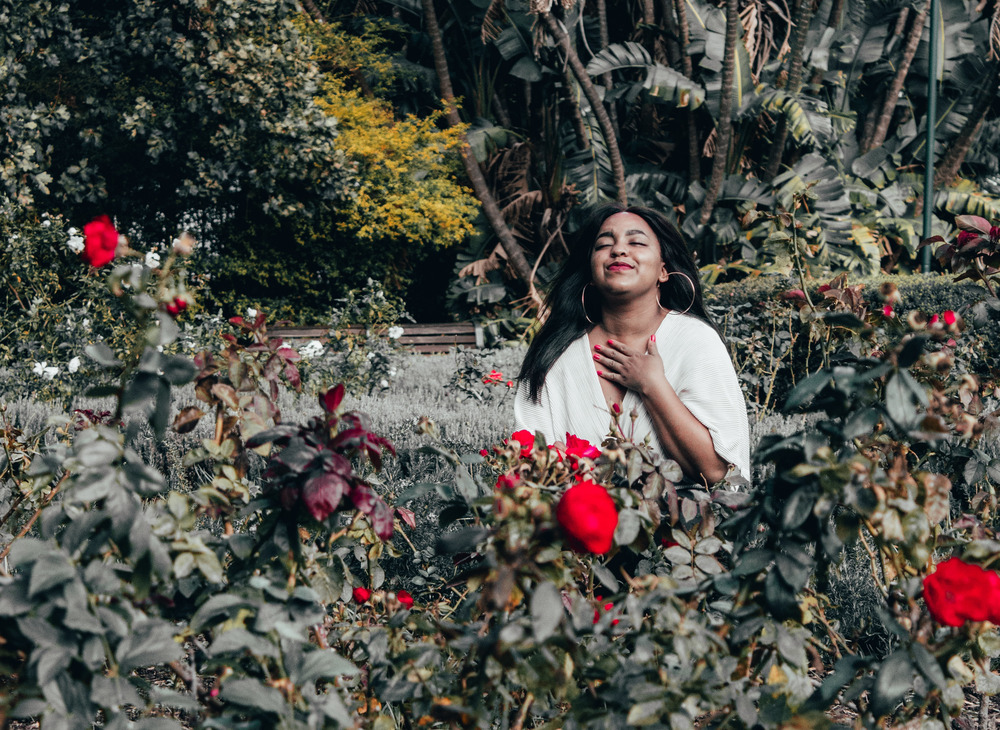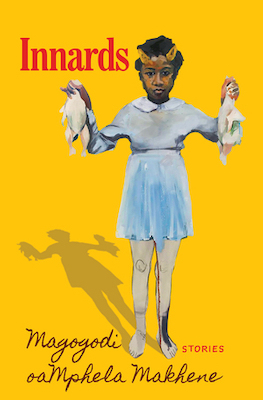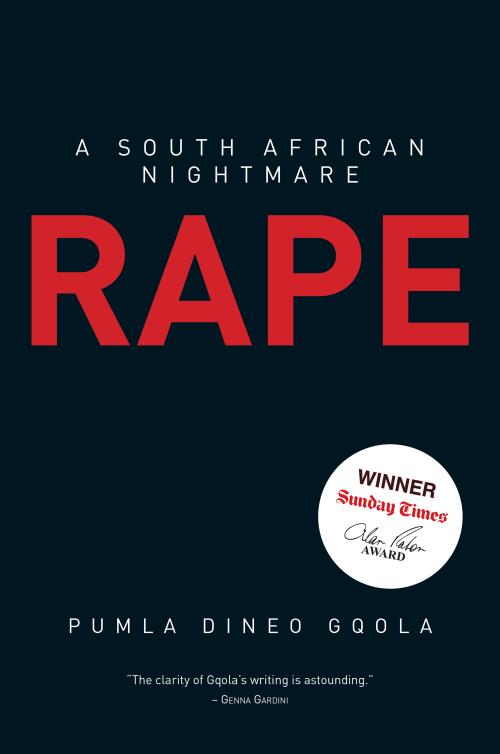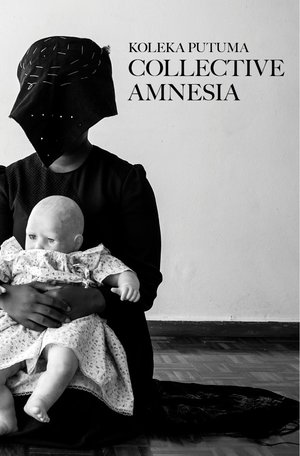In school, my favorite books were either banned or censored from my school and public libraries. Books like Stephen Bantu Biko’s I Write What I Like, Mark Mathabane’s Kaffir Boy, and George Jackson’s Soledad Brother. I learned something blandly boring and yet extraordinarily potent in those books: Black folks’ tall and full humanity could be captured on the page. Like a 3-D photograph. What a dangerous idea.
And as revolutionary as those books were, it took me entering woman-country to see their own form of conformity, their pattern of patriarchal blindness. They were all books by men. All men. Always men. Even at an all-girls’ high school, what we read on the sly wasn’t Nadine Gordimer, the Nobel laureate whose work openly criticized our racist society, or Bessie Head, who grandmothered modern Southern African letters. We read men. How much more dangerously liberated would we have become, as grown women, if we’d seen our girlish humanity fleshed in full on the page?
Hard to say. What I can say is I know who and how I want to be when I grow up—the kind of dangerously liberated woman who’d emerge from a mashup of the greatest Black women writers. That roll-call is long and lustrous and gave me the courage to write Innards, my debut short story collection about everyday Black folks processing the savagery of apartheid.
Meanwhile, here’s 6 Black women Southern African writers to read right now. Plus one token white writer, to honor a tradition of how literary lists have long celebrated “we, the women.”
Zimbabwe: We Need New Names by NoViolet Bulawayo
NoViolet Bulawayo’s language cackles like lightning and is equal to characters wrought with an indelible imprint. I still think about Darling and her scruffy crew of friends living in the shadows of Mugabe’s Zimbabwe. Darling eventually leaves Bastard, Chipo, Godknows, Sbho and Stina for America. But this is no happy Coming to America cliche. Darling’s U.S. misadventures offer a sharp portrayal of her new land’s allergy to blackness and its ignorance of what she left behind in Africa—that great big unknowable country. This book’s fiery language gave me permission to fully inhabit Innards’ characters as they speak, without constant translation for the white gaze. Also check out Bulawayo’s most recent novel, Glory.
South Africa: Rape, A South African Nightmare by Pumla Dineo Gqola
Prof. Gqola deftly unpacks how rape is baptized as a normal, if insidious, part of everyday culture in a country founded on the “trauma of slavery and sexual subjection.” She reroutes the reader to the roots of rape culture in South Africa’s “architecture of slave-ordered Cape Colony” and links these beginnings with an intersectional analysis of a today’s rape crisis. This book matters in a culture haunted by monster mutations, like corrective gang rapes (violations against queer bodies to “correct” their sexuality) and Jacob Zuma, whose trial on accusations of rape didn’t stop him from becoming president. Sound like another leader you know? Or another country whose wealth is rooted in the rape of Black women?
South Africa: Country of My Skull by Antjie Krog
Antjie shot to global literary fame, Hollywood film inclusive, for this unflinching look at the open and active wound of apartheid’s trauma. Writing about her own great white reckoning as a reporter covering the Truth & Reconciliation Commission, Krog does not spare the reader any intimacies of how Black bodies were maimed, electrocuted and finished by her fellow Afrikaaners—men who could’ve been, as Krog admits, her own brothers or uncles or neighbors. It’s also part of a large body of books I researched in shaping the texture and political milieu of Innards. Reading County of My Skull left my body retching, clutching the toilet bowl. Not an easy or light recommendation, but then again, South Africa’s genocidal past is nobody’s easy picnic basket.
Zambia: The Old Drift by Namwalli Serpell
Zambia is a vast and large open country. Fitting then, that a novel about this place would stuff every kind of storytelling magic within its spine. Strange historical fiction, check. Concrete science fiction, check. Tender and broken love story between man and woman, woman and child? Double check. This epic novel has it all, plus a Greek tragedy-styled chorus of mosquitoes to boot! The moments where Serpell really soars are grounded in good old fashioned storytelling. Years after reading, I can still vividly see Thandi on a bus, leaving Vic Falls. I still feel her loneliness, lying next to her strayed husband, Dr. Lee Banda, who’s in love with a sex worker. It’s no wonder Serpell is the kind of writer who makes hot-shot lists like President Barack Obama’s Best Books of 2022 for her sophomore act, The Furrows.
South Africa: Always Another Country by Sisonke Msimang
Sisonke’s memoir takes you through the many places her family made home as displaced people, exiled from apartheid South Africa. There’s Zambia, where her mother supports the family while her father tends an armed struggle. There’s Canada, where Sisonke gets a crash course in white suburban racism and later Kenya, where she confronts her own class privilege. And after college at Macalester, Minnesota, there’s South Africa—a faraway promised land she’s spent her whole life imagining. Spoiler alert, there is no shangri-la in the promised land. Instead, Sisonke is met by a messily beautiful homeland that rips her heart open with its vibrant and violent potency. “South Africa doesn’t need heroes.” Sisonke offers. “She needs the best type of friends—those who bear witness.”
South Africa: Collective Amnesia by Koleka Putuma
These poems ruptured onto South African shores like a hurricane so loud and drunk on its own power that it sounds like the centuries-long white noise of the very silence Koleka wants to talk about. The poems touch a tender tinder box of living questions about Blackness, queerness, class, color and neo-colonialism in cutting text that challenges the reader’s complicity in oppression, while offering a praise song for our ancestors. No Easter Sunday for Queers asks, “…why is it that there is no Easter Sunday for queer bodies/When lesbians are crucified like Christ?” Each poem smacks us out of our collective amnesia, biting back with a brilliant and urgent look at South Africa today.
Zimbabwe: House of Stone by NoVuyo Rosa Tshuma
NoVuyo Rosa Tshuma’s debut novel moves with the deep and muscular intelligence of an all-seeing, fully conscious octopus.
Abednego and Agnes Mlambo’s son, Bukhosi is missing. Their lodger Zamani seems helpful with their search. But really, Zamani wants to replace Bukhosi, so he plots and schemes his way into taking up residence in the heart space of the Mlambos. This plot—thick with the absurd–is a deft match for the even more absurd reality that House of Stone’s characters embody, living as they are in an increasingly desperate Zimbabwe.
The book sweeps through Zimbabwe’s neon-shocks of history, from Cecil Rhodes’ 1890s pillaging of a whole subcontinent, to Bob Marley famously serenading a newly free Zimbabwe at its 1980 independence celebrations, followed by Mugabe’s 1983 genocide of Ndebele people, Gukurahundi. This book deserves a patient and languid reader. It’ll leave you as eager as I am for Tshuma’s sophomore novel—Digging Stars—out fall of 2023.



